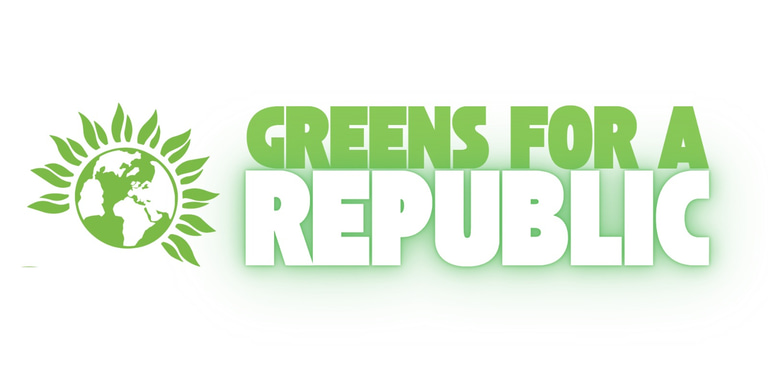The Green Case Against The Monarchy and For a Republic
8/10/20252 min read
The Green Case for a Republic: Why It’s Time to End the Monarchy
Every year, the British monarchy costs the public hundreds of millions of pounds.
And despite what government guidance claims, these costs are not “covered” by the Crown Estate — they come directly from taxpayers. For those of us in the Green Party, committed to transparency, equality, and sustainability, the case for a republic has never been clearer.
1. The Sovereign Grant – What It Really Is
The Sovereign Grant funds the monarch’s official duties. Under the Sovereign Grant Act 2011 Its value is set as a percentage of Crown Estate profits. On paper, that sounds tidy. In practice, it’s a political sleight of hand.
The Crown Estate belongs to the state, not the monarch. All profits go into the Treasury’s Consolidated Fund. The Treasury then separately pays the Sovereign Grant to the monarch. There is no “exchange” or “surrender” of funds — just an annual transfer from taxpayers to the Royal Household.
Even the House of Commons Library calls the government’s explanation “not strictly correct.”
2. The True Cost – and What We Could Do Instead
Activist group Republic estimates that the monarchy costs at least £500 million a year, excluding special events like coronations or royal weddings.
That’s enough to:
* Fund thousands of new onshore wind turbines
* Create tens of thousands of green jobs in home insulation
* Restore vast areas of wildlife habitat
In a climate emergency, it is indefensible to prioritise palace refurbishments and royal ceremonies over urgent environmental investment.
3. Accountability and Democracy
Before 2011, MPs could scrutinise royal spending in detail. Now, the Sovereign Grant is reviewed only every five years, with little parliamentary oversight in between. Since 2011, the National Audit Office has published just two reports on royal finances.
Unelected, unaccountable heads of state are fundamentally at odds with Green values. We believe in transparent, participatory democracy — not inherited privilege.
4. Land, Wealth, and Power
The monarchy controls vast tracts of land and property. How these are managed affects biodiversity, public access, and carbon emissions. Public ownership of these estates could mean genuine community stewardship, nature restoration, and renewable energy development — instead of secrecy and private privilege.
5. Time for Change
The next review of the Sovereign Grant takes place in 2026. This is our chance to demand not just tinkering with the formula, but a real conversation about the future of the monarchy.
A Green Republic would mean:
A democratic head of state chosen by the people
A written constitution that includes environmental protections
Public assets — including royal estates — managed for the common good
The monarchy is a relic of inequality, dressed up in ceremony to distract from its cost. If we are serious about building a fair, sustainable, democratic future, it’s time to say it plainly: Britain doesn’t need a king — it needs a Green Republic.
